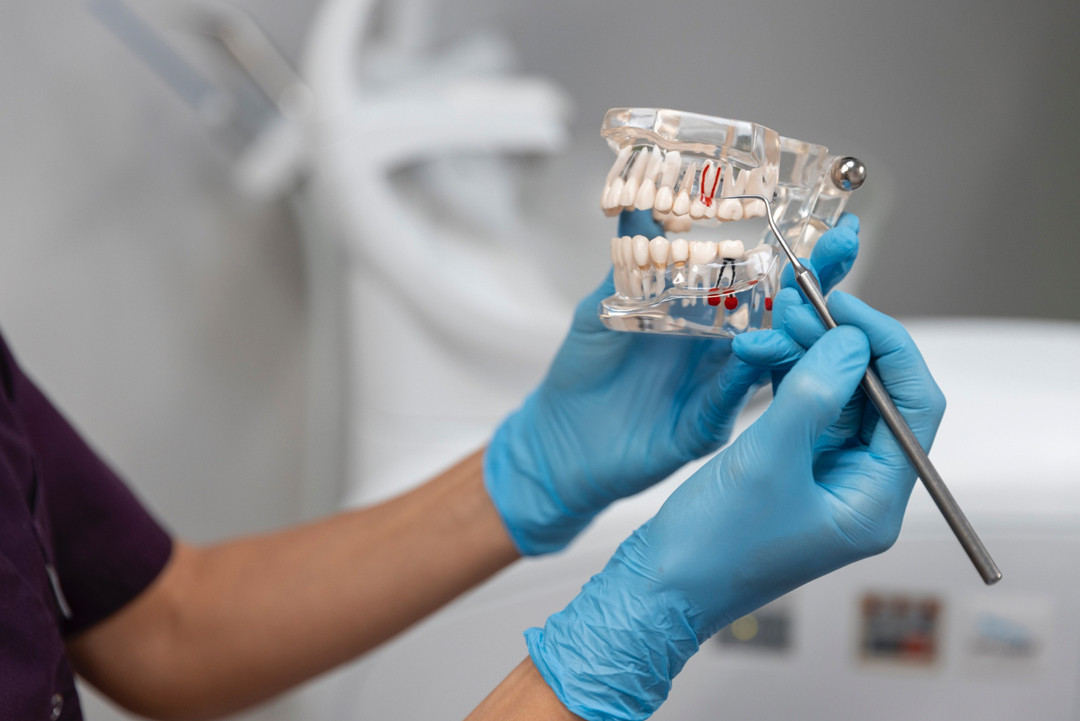What Is Pediatrics?
Pediatrics is the medical specialty focused on the health and well-being of infants, children, and adolescents. It encompasses:
- Physical Health: Monitoring growth, diagnosing, and treating illnesses.
- Emotional Health: Supporting mental and behavioral well-being.
- Social Development: Ensuring overall quality of life.
Pediatricians are the first line of care for families, providing preventive care, managing acute and chronic illnesses, and coordinating with subspecialists for complex health needs.
Pediatric Subspecialties
Pediatrics includes various subspecialties to address specific health concerns:
- Pediatric Cardiology: Heart and vascular conditions (e.g., congenital heart defects).
- Pediatric Neurology: Brain and nervous system disorders (e.g., epilepsy, developmental delays).
- Pediatric Gastroenterology: Digestive system issues (e.g., IBD, GERD).
- Pediatric Endocrinology: Hormonal imbalances (e.g., diabetes, growth disorders).
- Pediatric Pulmonology: Respiratory conditions (e.g., asthma, pneumonia).
- Pediatric Oncology: Childhood cancers (e.g., leukemia, lymphoma).
- Pediatric Nephrology: Kidney and urinary tract diseases (e.g., nephrotic syndrome, UTIs).
- Pediatric Rheumatology: Autoimmune and musculoskeletal disorders (e.g., juvenile arthritis, lupus).
These subspecialties ensure that children receive specialized care tailored to their unique needs.
Common Diagnostic Methods
Pediatricians use various diagnostic tools to assess and monitor children’s health:
- Physical Examination: Routine check-ups to monitor growth and development.
- Laboratory Tests: Blood, urine, or tissue analysis for infections, allergies, or chronic conditions.
- Imaging Tests: X-rays, CT scans, and MRIs for internal organ and bone assessments.
- Pulmonary Function Tests (PFTs): Assess lung health (e.g., asthma evaluation).
- Endoscopy: Examination of the digestive tract.
- Genetic Testing: Identification of inherited disorders.
These methods enable accurate diagnoses for personalized treatment plans.
Diseases Treated in Pediatrics
Pediatrics addresses a wide range of conditions:
- Infectious Diseases: Flu, ear infections, strep throat.
- Chronic Conditions: Asthma, diabetes, ADHD.
- Behavioral and Mental Health: Anxiety, depression, developmental disorders.
- Neurological Issues: Epilepsy, migraines.
- Respiratory Disorders: Croup, bronchiolitis.
- Gastrointestinal Problems: GERD, constipation.
- Genetic Disorders: Down syndrome, cystic fibrosis.
- Metabolic Conditions: Diabetes, growth hormone deficiencies.
- Puberty Disorders: Delayed puberty, Turner syndrome.
This broad scope ensures comprehensive care for children across all stages of development.
Pediatric Treatment Methods
Treatment approaches in pediatrics are as diverse as the conditions they address:
- Medications: For infections, pain management, and chronic conditions.
- Surgery: For congenital defects, injuries, or complex conditions.
- Therapies: Physical, occupational, and speech therapies for developmental support.
- Lifestyle Modifications: Dietary changes, exercise routines, and sleep optimization.
- Vaccinations: Protection against infectious diseases.
- Chemotherapy/Radiotherapy: For childhood cancers.
- Supportive Care: Psychological support, counseling, and family education.
Pediatricians design individualized treatment plans based on the child’s needs and family dynamics.
Why Choose Pediatric Care?
Pediatricians and their subspecialties provide specialized care tailored to the unique medical, emotional, and developmental needs of children. With early diagnosis and treatment, children can achieve optimal health and lead fulfilling lives.


















